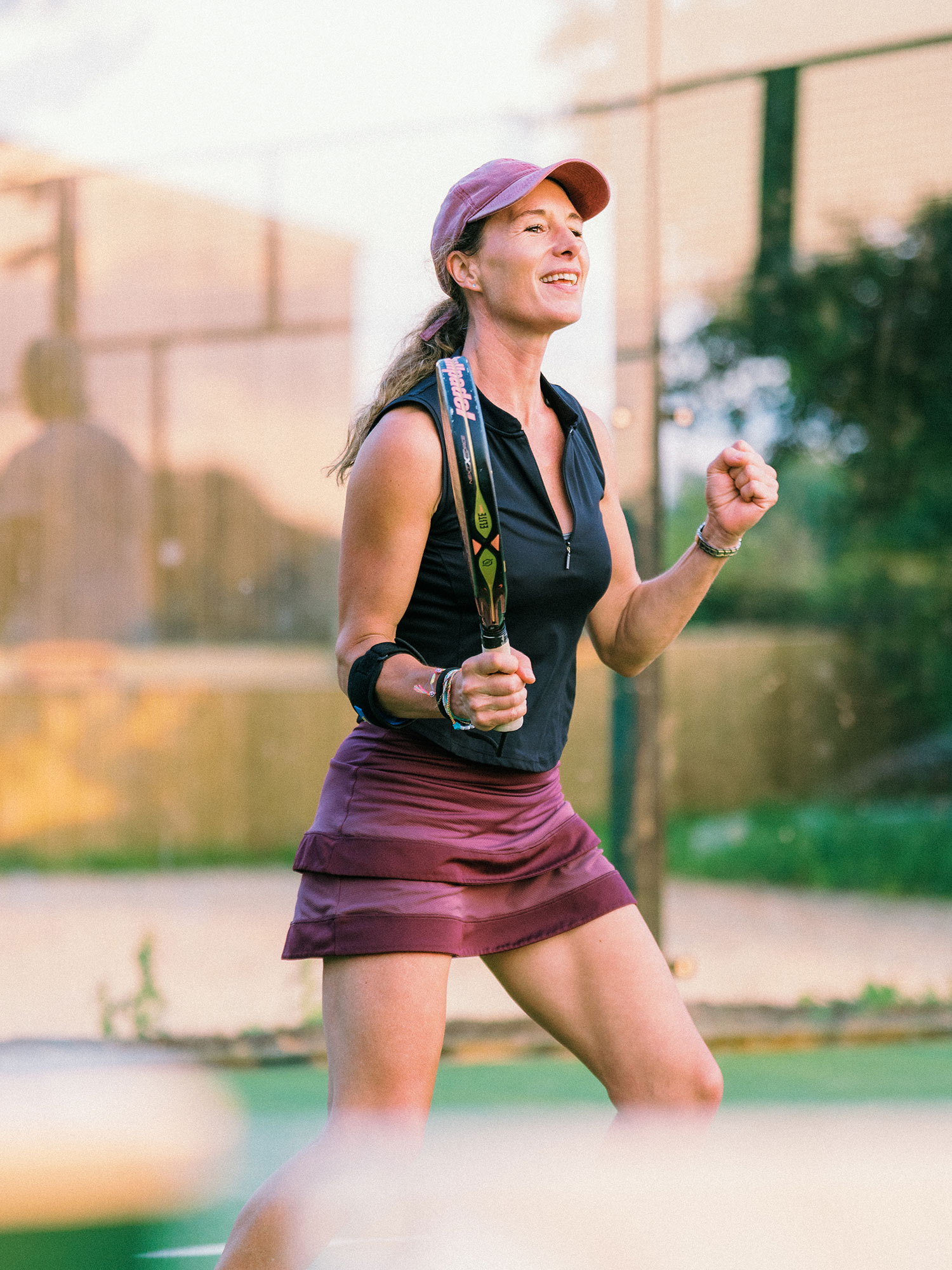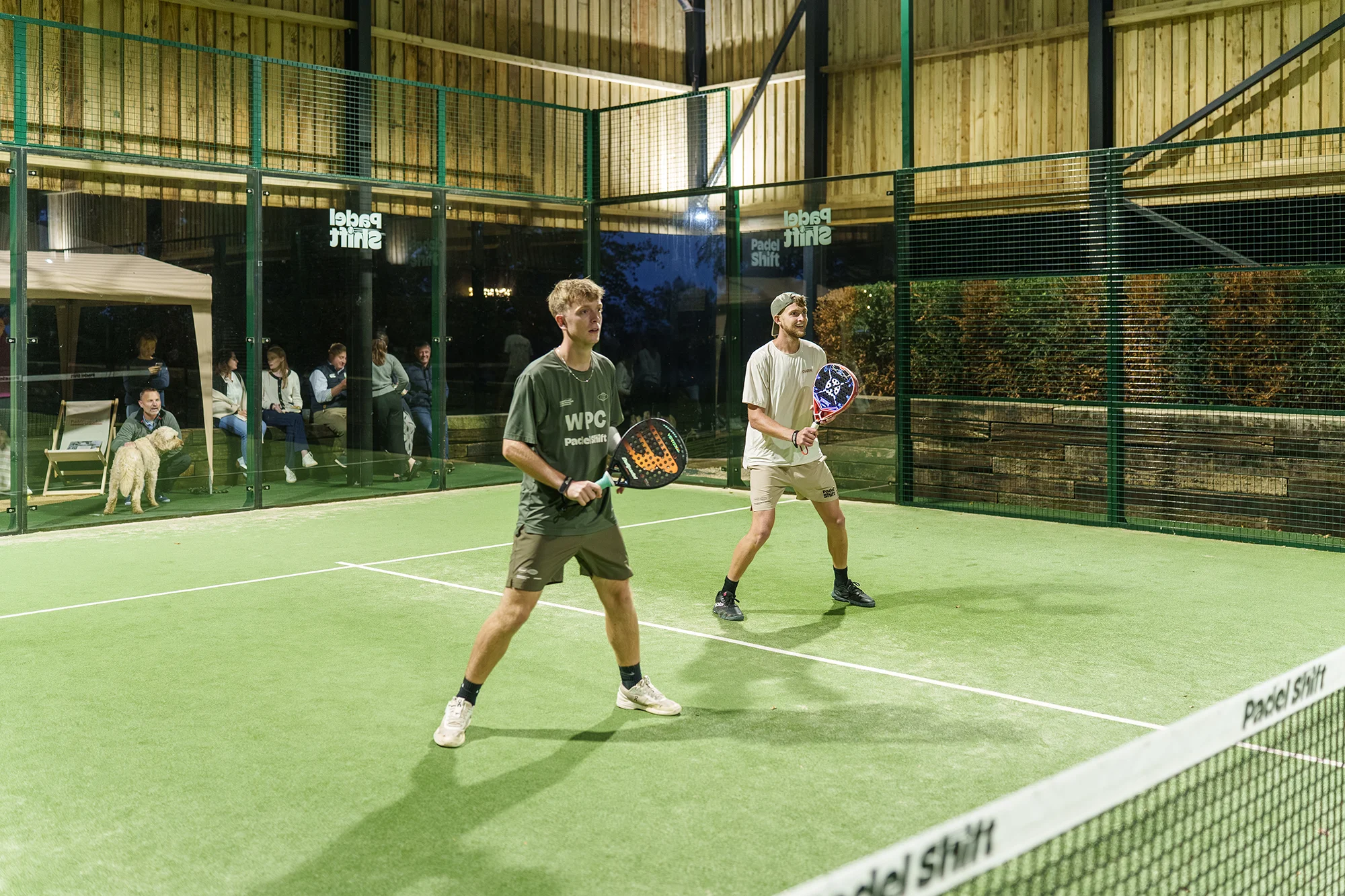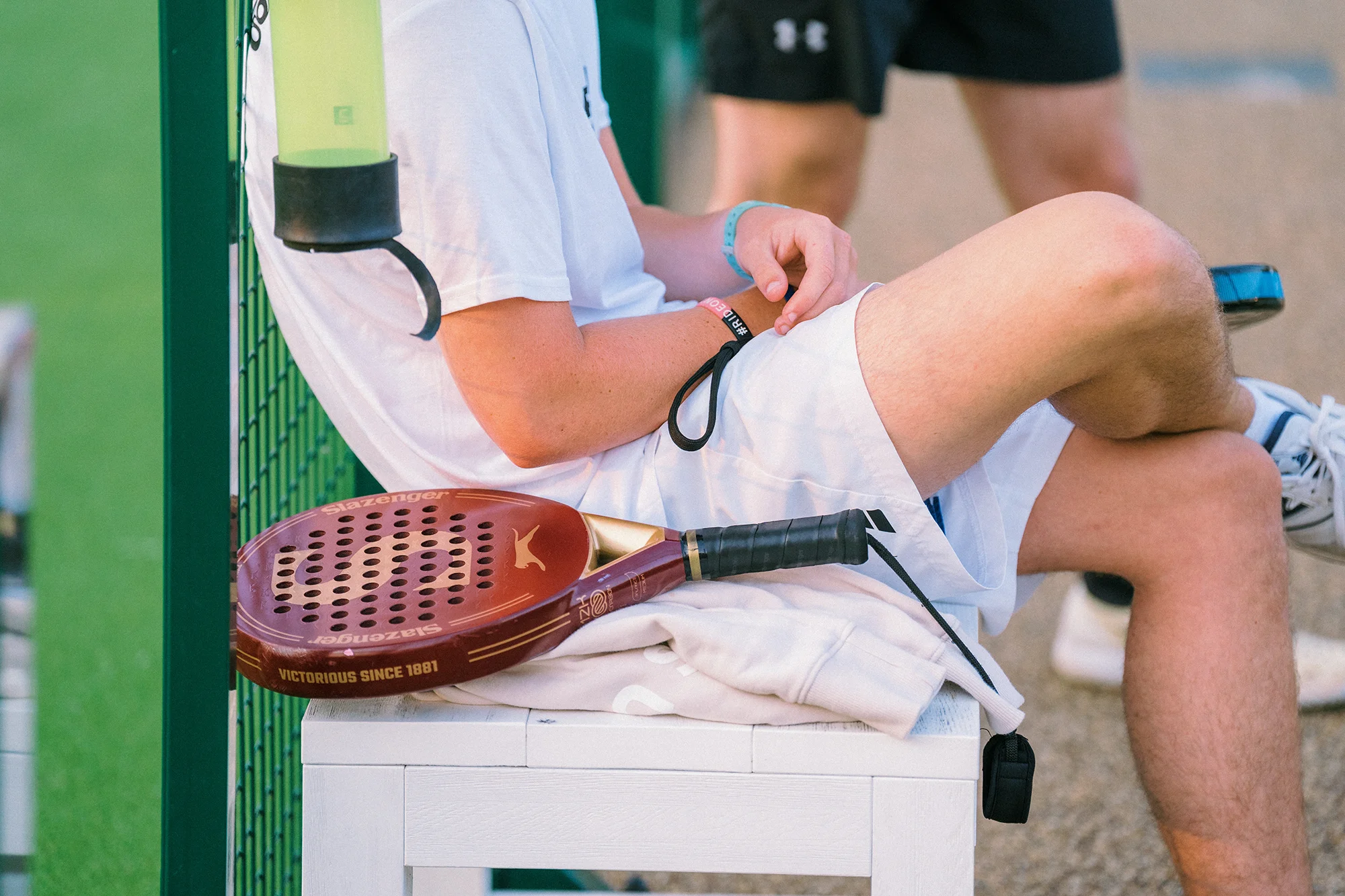The Winning Mindset (That has nothing to do with winning)



At Padel Shift we want to create a positive and realistic learning environment for players to actually improve. Our side of the bargain is to deliver excellent coaching with relevant exercises for all players, but YOU have a role to play in this also. For you to see maximum improvement you have to have the right mindset for growth. Here’s the truth most amateur players avoid: you’re not in training to win — you’re in training to grow. And that shift in thinking is where the real progress begins.
Train your shots, not your ego
When you're on the practice court, forget the scoreboard. Forget who's “winning” the drill or who hit the flashiest winner. Training is about repetition, refinement, and consistency. It’s about grooving your shots until they become second nature under pressure.
If you're focused on winning points in a drill rather than nailing technique or executing a specific shot under pressure, you're wasting your own time, and…no one actually cares or remembers who won cross court first to 5 in a warm up exercise!
Stop making excuses
Let’s be blunt — you missed because you missed. Not because the lights were in your eyes, not because your partner didn’t move, and not because your shoes were a bit tight. Excuses are just ways of hiding from the truth: your standard slipped.
When you own your mistakes, you open the door to improvement. When you blame others, you slam it shut.
Take responsibility for your standards
You set the tone. Not your coach, not your hitting partner, not the weather. You decide how focused you are, how hard you work, and how honest you are with yourself.
If you're constantly frustrated with your partner or waiting for the “perfect” ball to train properly, you’re missing the point. Raise your own level first, embrace the imperfect shots from your training partner — that’s what good training partners do.
Train at the intensity you want to play
Match-day magic doesn’t just happen. If your training is slow, casual, and full of second chances, guess what your match play will be like?
Train with intent. Set goals during drills: 10 out of 10 volleys in a row, 8 lob returns without an error, 5 winning bandejas in a set. Miss the mark? Add a consequence. Sprint to the net and back. 10 push-ups. Something that tells your body and brain that standards matter.
Pressure in training = calm in matches.
Trust your coach — especially when it’s uncomfortable
We are here to help you – we don’t give you tips for our own entertainment. But we get it. No one loves working on their weakest shot. It’s awkward, it’s frustrating, and it can feel like you’re going backwards. But guess what? That’s the work you need.
Avoiding uncomfortable drills doesn’t make them go away — it just delays your progress. Lean into the challenge. Your coach isn’t setting these drills to torture you. They’re showing you a path to level up.
Don’t just fix weaknesses —sharpen strengths
Yes, you need to plug the holes in your game. But don’t forget to turn your strengths into real weapons. Love your smash? Great — turn it into a point-ending shot from anywhere. Great lobber? Learn how to follow it up and control the net.
Strong players have no glaring weaknesses.Elite players have strengths they can rely on under pressure.
Keep it real
Don’t always train in a controlled environment. Having a coach feed you easy balls from a basket is great for your ego, but not for your progress. Ever wondered why your vibora is 10/10 when it’s fed directly to you, but in a match when you don’t know it’s coming it falls apart? Because padel isn’t played in a controlled and predictable environment. Make sure when you train you include transitions, or different shots from the core short you are training.
Final thoughts
Improvement in padel doesn’t come from just playing matches. It comes from showing up with purpose, being engaged, taking responsibility, and training like it means something.
So next time you step on court, ask yourself:
- Am I training to win a drill, or to master a skill?
- Am I giving myself pressure, or playing on easy mode?
- Am I holding myself accountable, or looking for excuses?
The mindset comes first. The results follow.
Let’s get to work!






